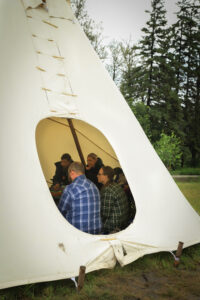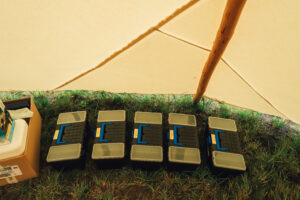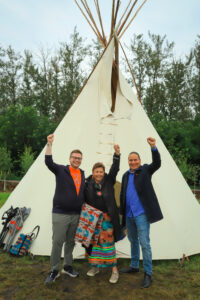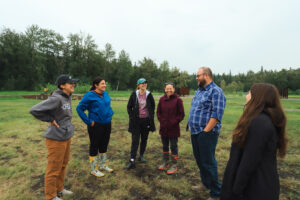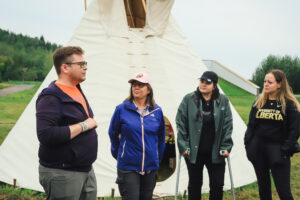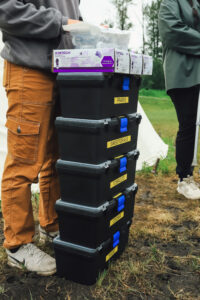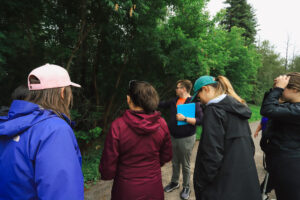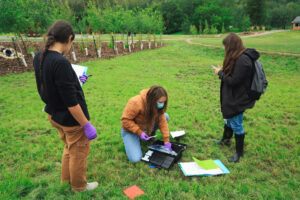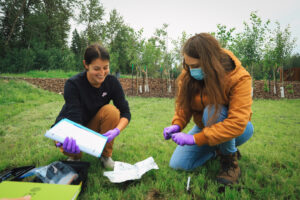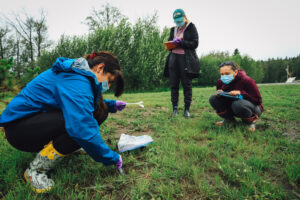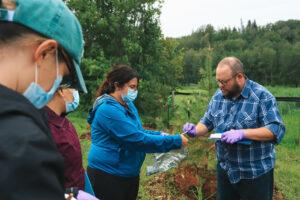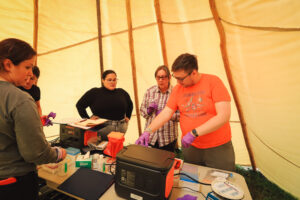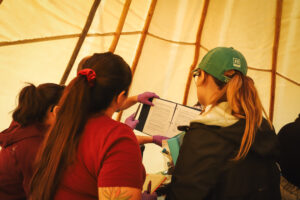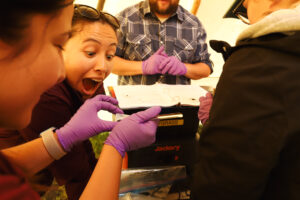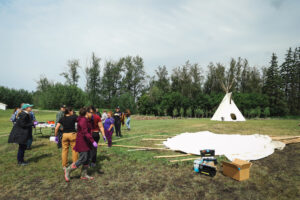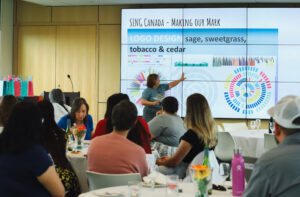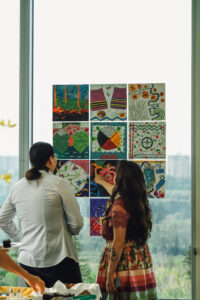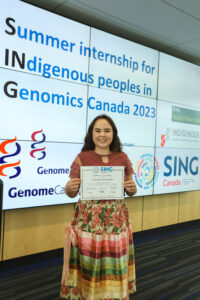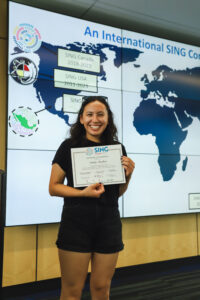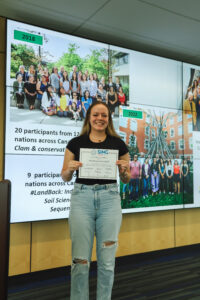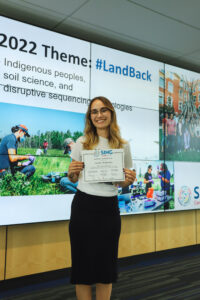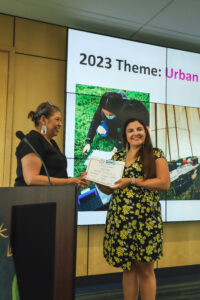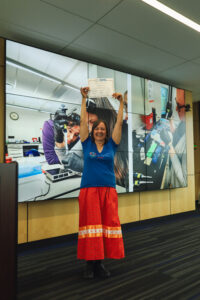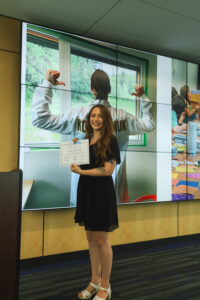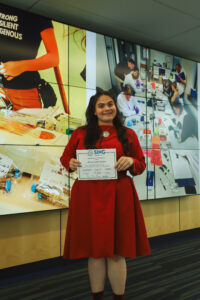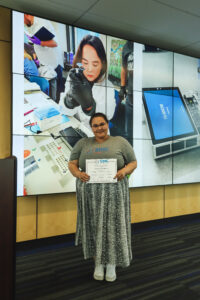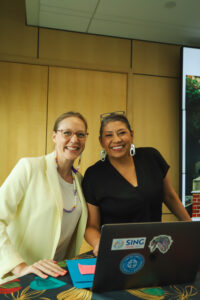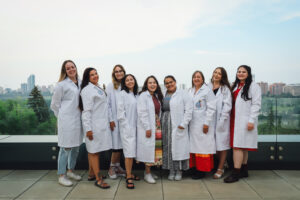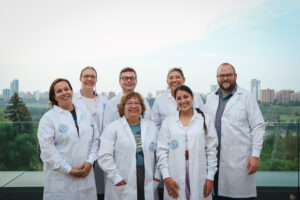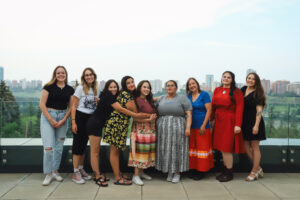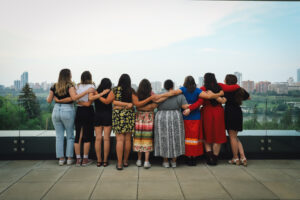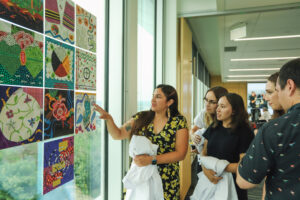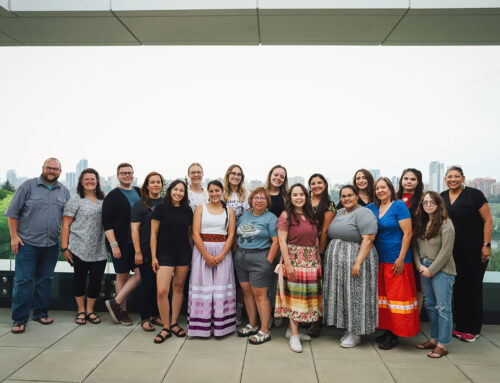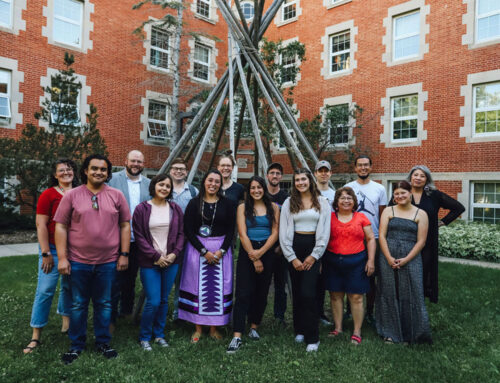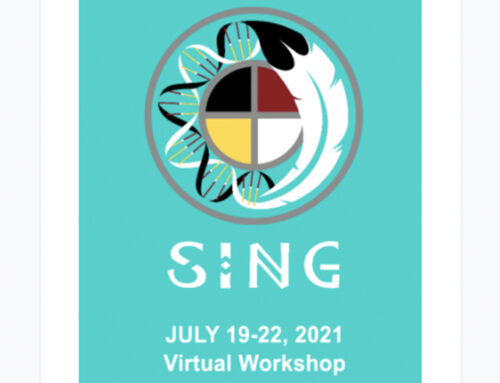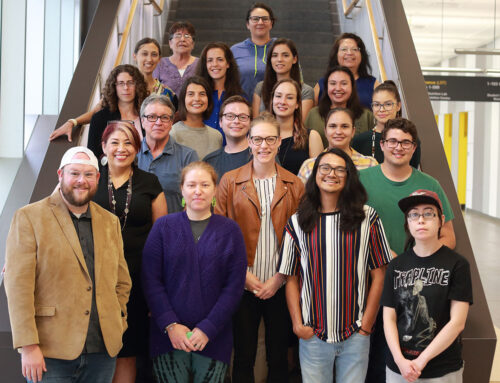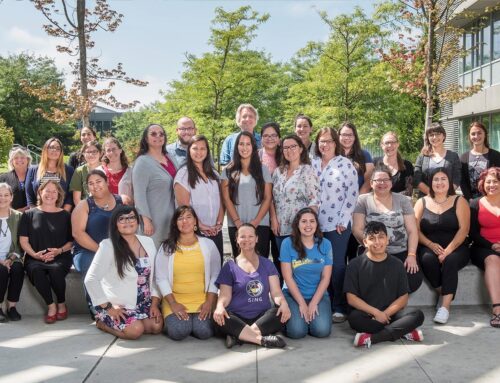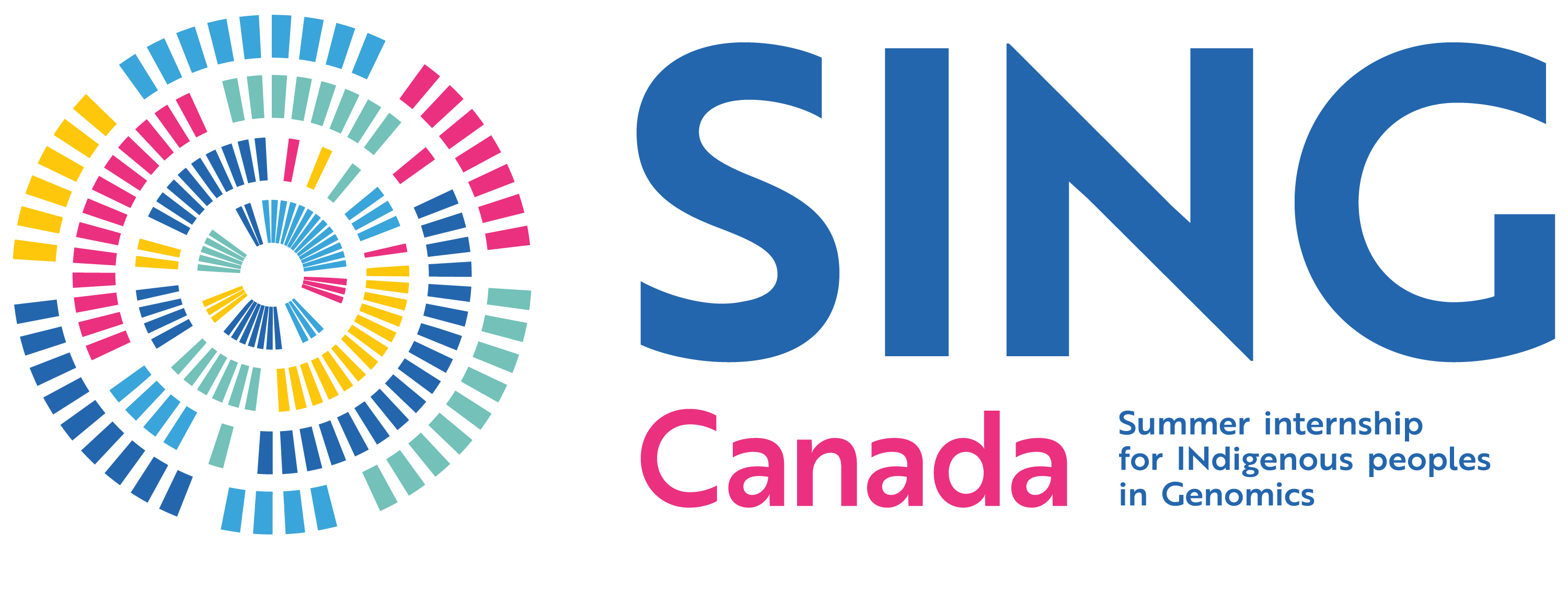2023 Workshop
#LandBack: Indigenous Peoples, Soil Science, and Disruptive Sequencing Technologies
Building on the success of SING Canada’s 2022 workshop, #LandBack: Indigenous Peoples, Soil Science, and Disruptive Sequencing Technologies, the 2023 workshop focused on urban Indigenous presence and geopolitics. Our team of faculty members led participants in a multi-locale comparative soil microbiome analysis with the goal of integrating Oxford Nanopore MinION sequencing technologies. Given that cities are Indigenous spaces, the workshop will highlight the need and opportunity to support Indigenous training in genomics from within the city of Amiskwaciwâskahikan (ᐊᒥᐢᑲᐧᒋᐋᐧᐢᑲᐦᐃᑲᐣ ).
The goals of the workshop were to introduce participants to mobile sequencing technologies and their role in metagenomic soil science while joining a broader movement to assert urban spaces as being Indigenous. Participants learned the techniques of identifying soil microorganisms from their DNA, assessing their relative abundance, and comparing metagenomic composition across collection sites at an Indigenous controlled (stewarded) space in Edmonton’s River Valley. Additionally, participants will be introduced to the emergent critical Indigenous studies methodology: Indigenous science, technology, and society (Indigenous STS).
We considered soil composition in a framework that understands human and land-based relations as being shaped by colonial power/resistance dynamics. Participants also thought about the ways that mobile technologies might expand Indigenous governance in their territories through the use of genomic technosciences. We assessed their potential to unsettle and thus productively transform the conventional genome “lab” by shifting the spatial and disciplinary contours of scientific knowledge production while asserting urban spaces as our own. We added to existing land-based learning initiatives to include urban spaces by: 1) operating beyond the physical, disciplinary, and methodological bounds of the university lab; and 2) orienting transformative pathways among STEM fields in ways distinct from increasing calls for equity, diversity, and inclusion (EDI) to, instead, centre Indigenous land, life, and relations (in a word, governance).

